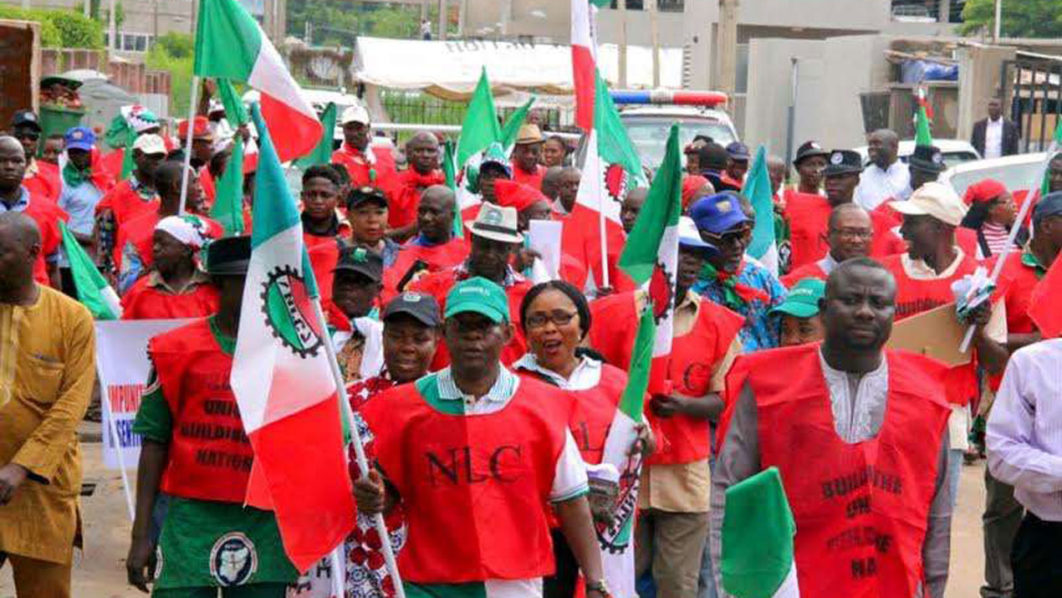The Nigeria Labour Congress (NLC) has presented seven key demands to the Federal Government as they gear up for the forthcoming Workers' Day on May 1, 2024. Among their demands is the establishment of state and local government police forces to enhance security, as well as the implementation of a new minimum wage across various sectors.
The call for updated wage structures is not only aimed at federal, state, and local government employees but also extends to the organized private sector. With International Workers' Day around the corner, there is anticipation that President Bola Tinubu might announce the proposed new minimum wage. Preliminary discussions have set this figure tentatively at N615,000 monthly, influenced by recent adjustments in electricity tariffs.
A member of the Trade Union Congress National Executive Council highlighted ongoing negotiations with the government, particularly in light of these new tariffs, which they believe strengthens their position to advocate for higher wages. The existing minimum wage, set at N30,000, officially expired on April 18, following its five-year term that began with its enactment on the same date in 2019 by former President Muhammadu Buhari.
The establishment of a 37-member panel by Vice President Kashim Shettima on January 30, which includes representatives from the federal and state governments, the private sector, and organized labor, is part of efforts to agree on a new national minimum wage. The panel, chaired by former Head of the Civil Service of the Federation, Bukar Aji, aims to propose a "fair, practical, implementable, and sustainable" wage.
However, the proposed wage has faced skepticism regarding its feasibility and sustainability. Meanwhile, the Minister of State for Labour and Employment, Nkeiruka Onyejeocha, reported substantial progress, claiming that about 90% of the commitments made to organized labor last October have been fulfilled.
Despite these advancements, the NLC has planned a nationwide protest to address economic hardships exacerbated by inflation and rising food prices, which they argue, are not adequately addressed by the current government measures. They have also outlined additional demands, including the settlement of pension arrears, the establishment of natural gas conversion centers, and infrastructure support for local governments.
Further enhancing local security measures, the NLC’s call for the establishment of state and local police comes shortly after 16 state governors showed support for this initiative in a report to the National Economic Council. The recommendation for legal amendments to facilitate this change underscores a broader push for decentralization and more effective regional governance.
Legal experts and former law enforcement officials have weighed in on the necessity of a robust legal framework to ensure that the introduction of state and local police does not lead to misuse of power by state governors. They argue for a policing system that understands and integrates into the local community fabric, which could be more effectively achieved through localized forces.
As discussions continue, the outcomes of these negotiations and the implementation of these demands will be critical in shaping labor relations and economic stability in Nigeria. The approach taken by the government and its responsiveness to these issues will likely influence the social and economic landscape significantly in the coming months.





0 Comments